5 Best Piano Methods To Learn Quickly
Learn piano quickly! We review the top 5 piano methods focused on efficiency and fast results. Find the best technique for your learning style today.
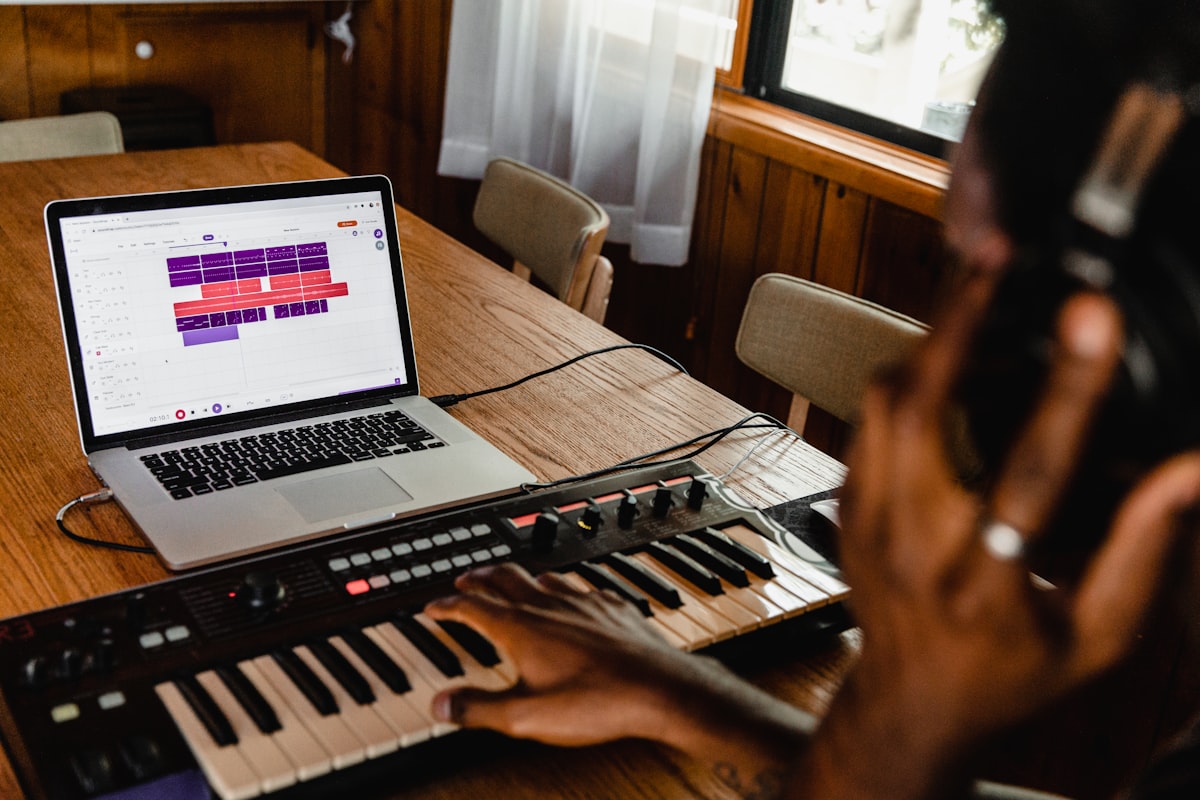
There are a wide variety of piano methods to choose from when you learn piano.
Which one is the best for you, as an adult beginner, or for your child just starting with lessons?
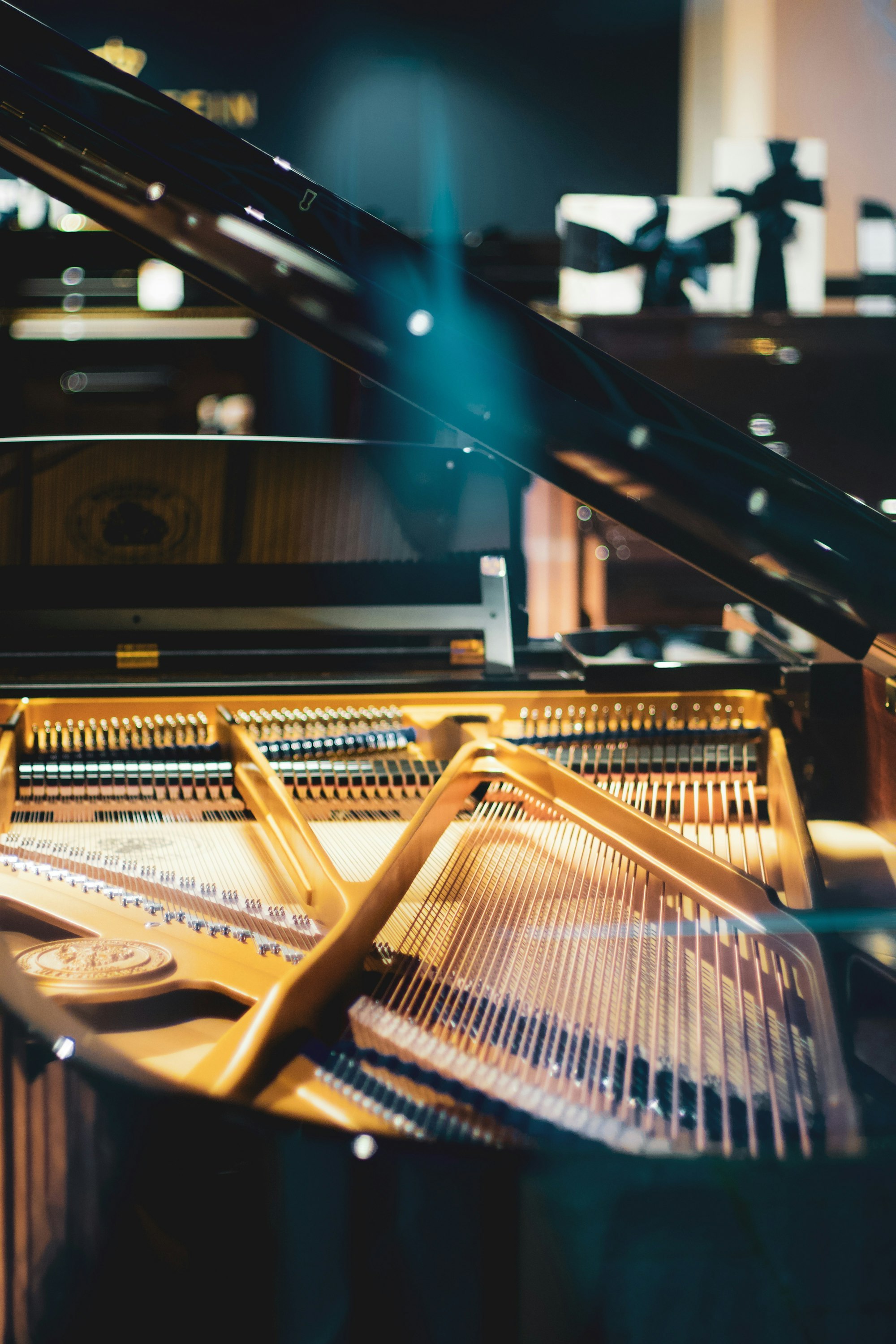
Classical Piano Methods
Still, the most widely taught, traditional piano methods are the books you'll find at your local music store. These classical books teach you to play piano by learning to read music, note by note.
"Of course," you might be thinking. "What other way could there be?"
Actually, there are many ways to learn piano. And to learn to read music, for that matter. You can read about them below, in the alternative methods section.
Classical piano methods all teach piano playing and music reading at the same time. Beyond that common link, though, there are differences. Each method approaches introducing musical concepts, rhythm, theory, and piano technique differently. And every piano teacher has his or her own opinions (including me)!
I've chosen three of the most popular classical courses to review and included a brief introduction.
Piano Adventures Piano Method
Far and away my favorite of the traditional piano methods!
Piano Adventures is a graded piano curriculum written by the husband-wife team of Randall and Nancy Faber.
Nancy is an award-winning composer and pianist, and Randall is a celebrated performer.
If you're sold on the traditional method, these are the books I'd highly recommend for you! The music is original and interesting, and I find I like the speed at which the musical concepts unfold.
Ages: books for young beginners, older beginners, and adults
Best feature: terrific, original music
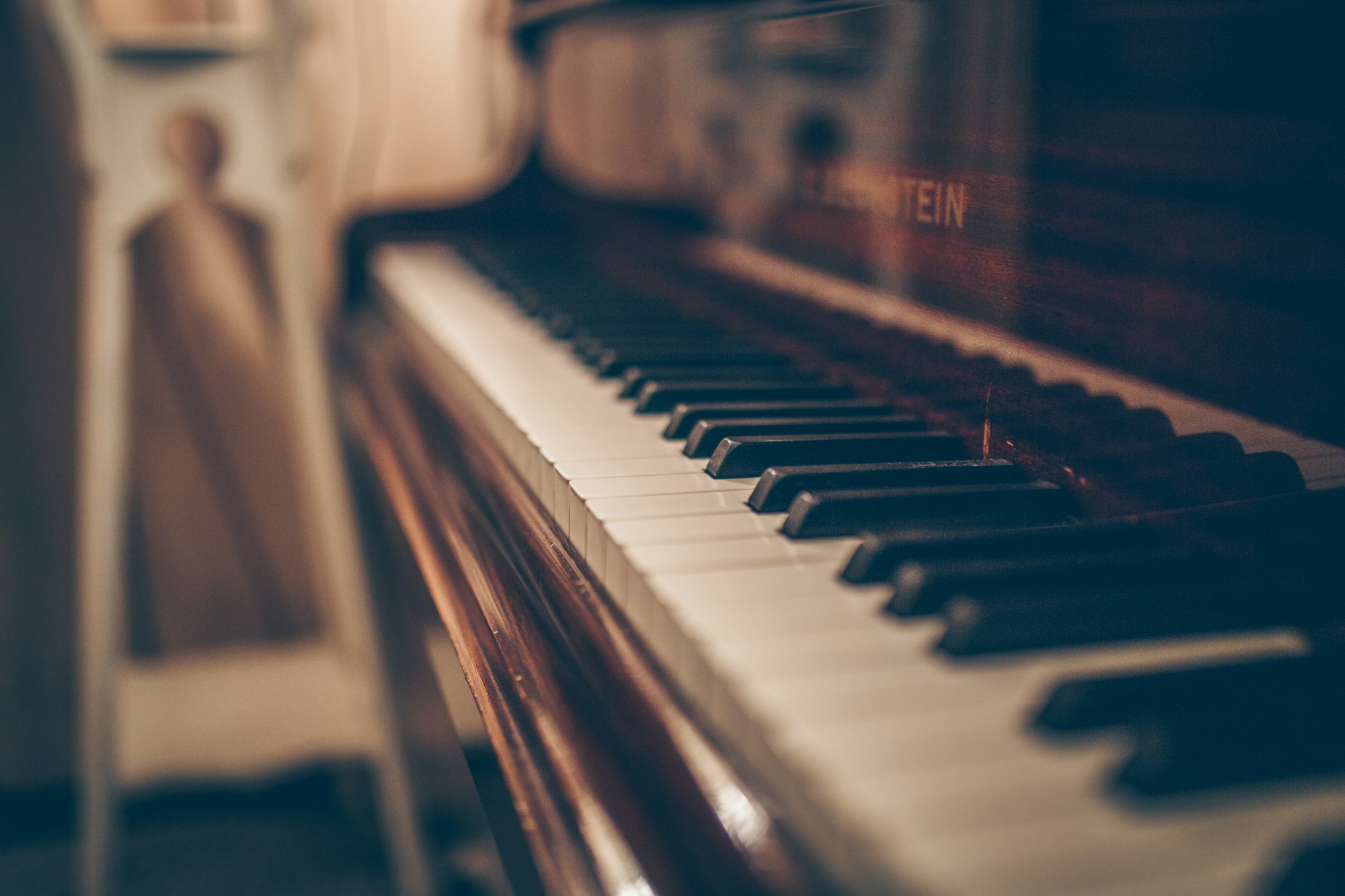
Alfred's Piano Method
Before I discovered the Piano Adventures series, I taught using Alfred's books.
The Adult All-in-One books are a mainstay with many teachers because they include different musical styles and music theory in one volume.
I prefer the music in Alfred's children's books to the Bastien books of the same level, and I like the order of the theory teaching better, too.
Ages: books for young beginners, older beginners, and adults
Best Feature: The All-in-One courses include a range of musical styles including jazz and blues
Bastien Piano Method
The Bastien method books are among the most used by traditional teachers.
However, they're not my favorites. I find the music a bit dull and uninspiring.
In my opinion, concepts (new key signatures, notes, rhythms) are introduced too quickly for good retention.
I always had to use supplemental material when I used this method.
Ages: very young beginners, children, older beginners, and adults
Best Feature: widely available and inexpensive
Alternative Piano Methods
You might be getting the picture that I don't teach classical method piano! Actually, I did for many years.
As time went on, I grew more and more frustrated by the drop-out rate of my students. Their challenges and difficulties followed a pattern - always happening at the same points in the music-reading process. Students wanted to express themselves at the keyboard - but they couldn't.
Many students developed beliefs that they weren't smart enough or musical enough to play the piano. I knew it wasn't true - but didn't know how to give them the experience they wanted.
I decided to investigate other teaching systems. I discovered some wonderful alternatives!
In case you're wondering: the alternative methods listed here DO teach music reading. Just not at the very beginning.
Simply Music
I discovered Simply Music by hearing a student play.
Amazing, rhythmically complex music. My jaw dropped.
I asked how long the student had been taking lessons. "Oh, about six months!" came the cheerful reply. Other adults were also shaking their heads in wonder.
I transitioned all of my traditional students, over time, to this method. The parents of my students, who were initially very skeptical of a delayed-music-reading approach, were delighted. Students practiced without being asked. Many of them are composed and improvised on their own.
Ages: Anyone! Kids, teenagers, and adults.
Best Feature: immediate access to self-expressive piano playing, parental involvement, and ease of learning.
Suzuki Piano School
The Suzuki Method is probably the most recognizable alternative piano method.
In my journey away from traditional methods, I researched becoming a Suzuki teacher.
I eventually decided that the Simply Music approach fit better with my teaching philosophy.
However, I respect and admire the Suzuki method.
In a nutshell, this approach begins with imitation: watching the teacher (and other students), listening, and repeating. Parents are involved, and kids start young into the program - even as young as three.
Ages: children
Best Feature: natural learning style, good parental involvement
Best for You?
The reality is, that every student is different. No matter your age!
No one method will work for everyone. No teacher is right for everyone.
As you are learning about playing piano, really give time and energy to finding the right piano method and the right teacher for you. Visit studios. Trust your instincts. What appeals to you?
What kind of music do you most want to play?
But most of all, really believe that you - or your child - can learn to play the piano. The right teacher and the right method are out there.
Don't settle for less than a method that makes you happy and inspires you to play!
Which Piano Method Do You Love?
Whether you're an adult taking lessons or learning on your own, or you have kids that are taking piano lessons, share your experiences here about the piano methods you've had experience with and like. Or maybe even methods you don't like!
For a focused jazz method taught by professionals, our Open Studio Jazz Review breaks it all down.
If you're a teacher, please share as well. It helps parents and adult learners so much to read about different piano methods as they are starting lessons - or wondering if a method is working well!
Let's hear your story! Share it here and you'll have your own page on my website. Others can comment and you can comment, too - you can link to the page and send others to read your story! You can even include a picture if you like!

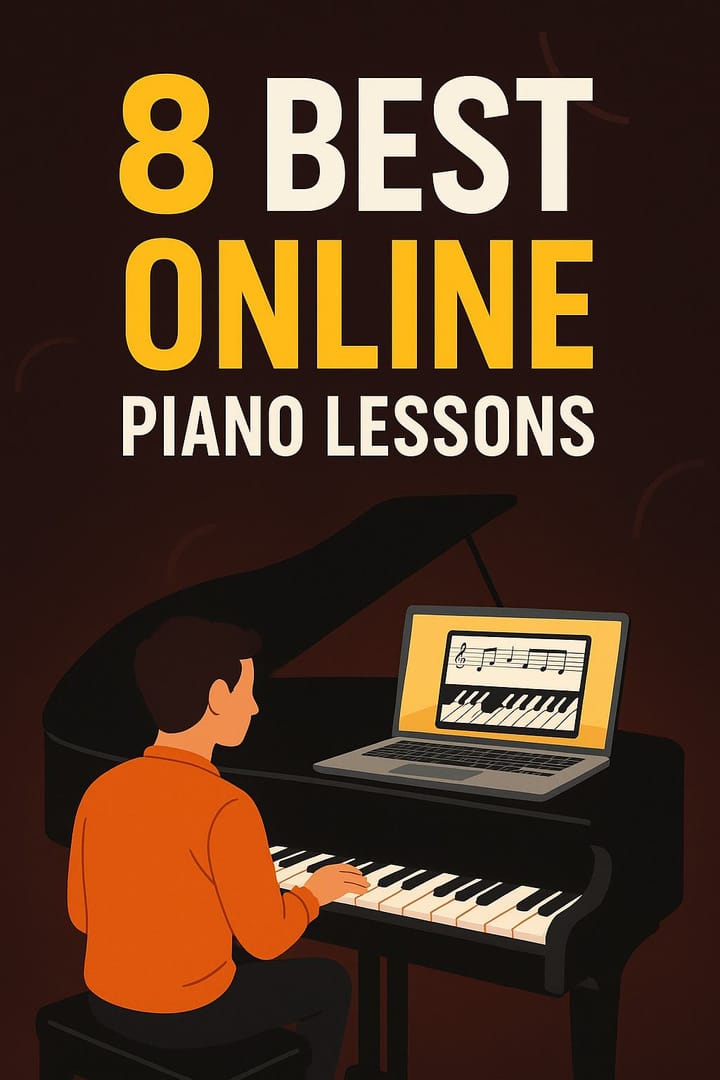
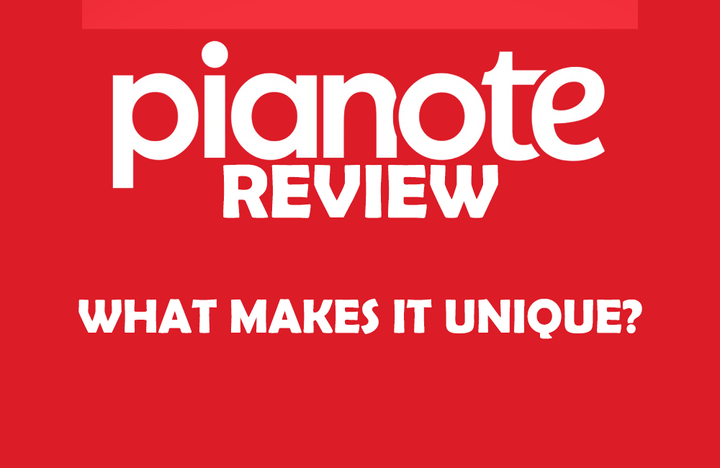
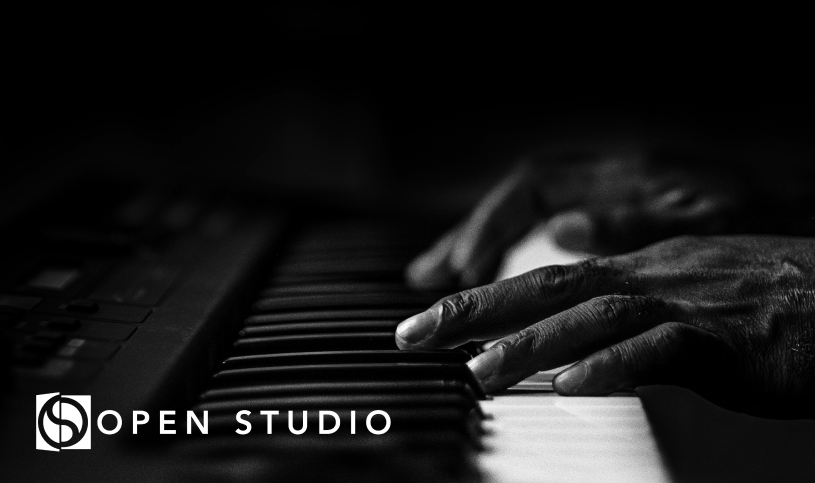
Comments ()